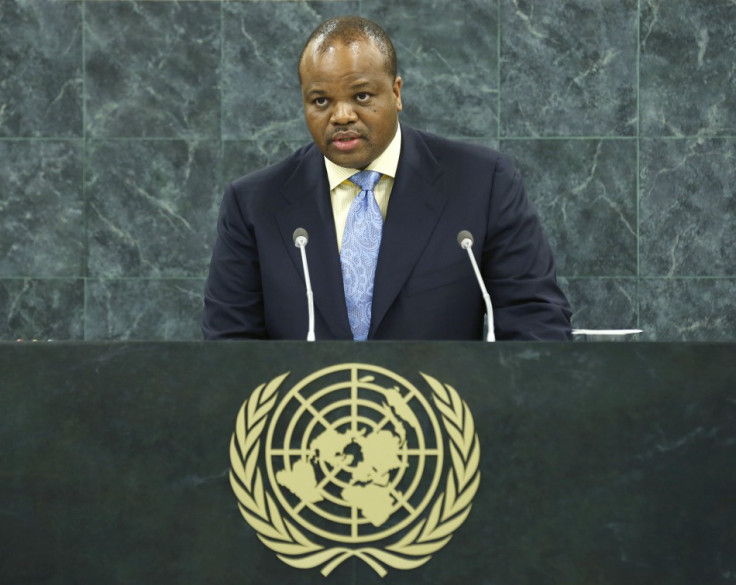King Mswati III of Eswatini reportedly flees country days after banning pro-democracy protests
Political parties have been banned in the country since 1973, with the King ruling it as an absolute monarch.
King Mswati III of Eswatini (Swaziland) has reportedly fled the country amid increasing anti-monarchy sentiments and violent protests.
Pro-democracy protests, which have been taking place in the country for several days now, recently turned chaotic after the government placed a ban on marches last Thursday. National Police Commissioner warned the protesters that breaches of the ban would be met with zero tolerance, while teargas and live ammunition were reportedly used to disperse the protesters, leading to injuries, reports Royal Central.
Demonstrators have been demanding political reforms in the country and the right to elect their own Prime Minister. "We demand multi-party democracy now. The time for the royal system characterised by dictatorship is over," one of the protesters named Melusi Dlamini told News24.
Political parties have been banned in the country since 1973, with the King ruling it as an absolute monarch. It's the ruler who chooses the Prime Minister, ministers, judges, and civil servants.
Anti-monarchy sentiments have recently increased in the country due to King Mswati III's alleged questionable conduct. The 53-year-old leads a lavish lifestyle, is a well-known polygamist with at least 15 wives and 23 children, and has been accused of human rights violations on several occasions.
His father, King Sobhuza II, was also a polygamist and had more than 125 wives during his reign of 82 years. Mswati is the son of the former King with one of his younger wives, Ntfombi Tfwala. He was selected to be the next King at the age of 14 upon the death of his father in 1982, while one of the wives of King Sobhuza II, Queen Dzeliwe Shongwe, served as the regent until the next year. Mswati's mother then served as regent until 1986.
Mswati was crowned as the King shortly after his 18th birthday in 1986, thus becoming the youngest ruling monarch in the world at that time. He jointly rules the country with his mother, whose title is Indlovukati ("Great She-Elephant"). His father had dissolved the Parliament in order to ensure concentration of power remained with the king, but Mswati restored the office after ascending to the throne.

© Copyright IBTimes 2025. All rights reserved.





















